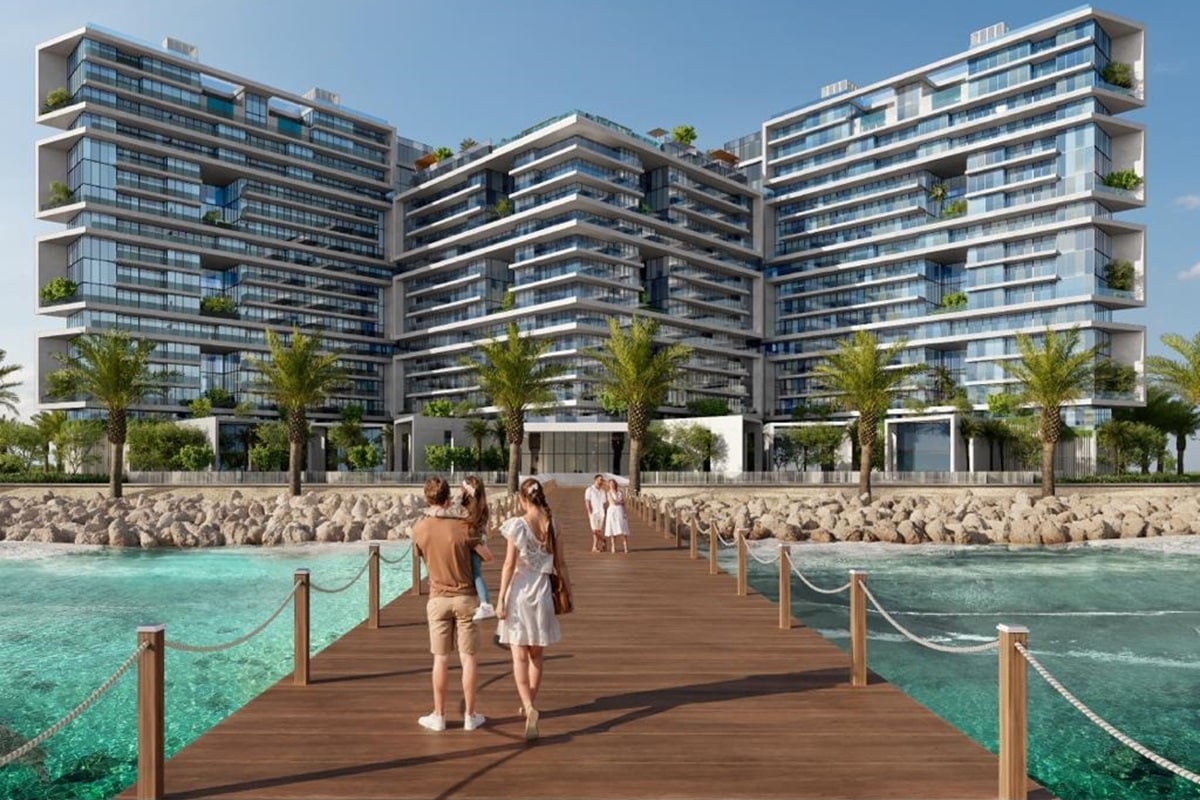The UAE’s thriving real estate market is spawning new home-grown businesses in the sector, with Silkhaus, a UAE-based proptech, set to develop short-term rentals as a multi-billion business in Dubai – as also across the GCC, offering up to 40 percent higher income compared to regular rental options to global institutional and individual property owners in the city.
Silkhaus has also teamed up with global biggies in the segment such as Airbnb and Booking.com to boost listings on its tech-propelled platform – from both property owners and customers, including leading corporate groups in the Middle East region.
Industry experts say the emerging high-yielding short-term rental market, in turn, will act as a new demand booster to the already high flying real estate market in the country.
“We manage a portfolio of over $120 million worth of real estate – which keeps expanding – in a short span of time, and built industry-leading distribution technologies to cover major global booking channels for leisure and business travellers,” Aahan Bhojani, Founder and CEO of Silkhaus, told Arabian Business.
“We are witnessing a surge of interest from institutional real estate owners who are seeking to diversify portfolio management strategies with the support of global platforms and operators,” he said.
Bhojani said a growing number of foreign property investors with multiple units in Dubai are also working with their company to manage their portfolios.
“More recently, we have seen this trend with buyers from China, who are now returning in numbers to Dubai post-pandemic,” the Silkhaus chief executive said.

Short-term rentals market a $14bn opportunity across Asia
Bhojani said the rebound in travel to the UAE has been extremely encouraging, and inspires confidence in the future of their business, as well as in the local economy.
The sustained growth of the property market is also indicative of the huge potential the company foresees in this segment.
“Overall, we are focused on the short-term rental market across Asia, which is a $14 billion opportunity. We are still early in our journey, with a significant way to go,” Bhojani said, adding that “we are [already] outpacing market growth for short-term rentals in Dubai.
The Dubai short-term rental market, estimated on the basis of the number of Airbnb listings, has grown at an average pace of 45 percent year-on-year in the last three years.
Silkhaus, on the other hand, said it has grown a whopping 170 percent in the last one year alone (from Q2 2022 to Q2 2023).
The global short-term rental market is estimated to have a TAM (total addressable market) size of $110 billion.
“The GCC is still a nascent market with plenty of opportunities to capitalise on. While cities like Dubai are well established destinations, other regional cities have lower penetration of short-term rentals, and this is what we aspire to change,” Bhojani said.

UAE a year-round market for short-term rentals
The Silkhaus founder said there will be no real downtime for the short-term rental market in the UAE due to the diverse nature of business and leisure travel to the country.
“Different audience groups are always travelling here, with big spikes in Q4 and Q1 when we also benefit from better weather, and hence increases in tourism demand.”
As for the company’s business model, Bhojani said once real estate partners register with the company, they list homes on their platform and across leading leisure and business travel channels.
“This has helped build a steady flow of travellers from more than 120 countries to Silkhaus.”
Bhojani said the company platform is powering high returns for investors, leveraging technology such as pricing automators to maximise revenue generation for its real estate partners.
“Our model offers a 20-40 percent increase in income when compared to regular rental options,” he said.
He said Silkhaus also works with a large number of corporate groups in the region who prefer to book furnished apartments for their executives during relocations or special projects.
“Staying in a Silkhaus means that companies can benefit from significant savings, while ensuring their employees live in high-quality properties, and experience the best neighbourhoods of the city,” Bhojani said.




